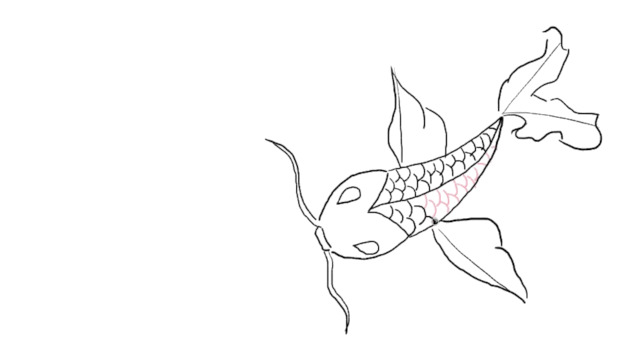Microsoft Research Tech Autocompletes Animation, Not Text
Autocomplete. That seemingly magical yet sometimes also illogical feature that has saved our fingers and our brains from some of the more tedious parts of typing out a long exposition on a small screen. It has become part and parcel of our smartphone-centric modern lives but some researchers are trying put a whole new spin on the concept. Instead of trying to guess what you will type next, Microsoft Research has an autocomplete system that tries to predict how a hand-drawn image will be animated.
Whether traditional or digital, the way animation works is the same all throughout. It involves a series or frames of images that are played in sequential order at a certain rate to fool our brains into interpolating movement in between each frame. In the case of hand-drawn animation, each moving image is re-drawn on each frame at a different position or orientation. It's a laborious process, one that seems to be begging for computerized automation.
Presenting the fruits of the research at SIGGRAPH Asia, Microsoft Research showed software that can predict the next key frame in your animation, the way autocomplete tries to predict your next letter or word. At the very start of the animation, the artist draws the complete object to be animated. Then he or she moves on to the next frame and the autocomplete system will try to predict where the object will move to for that frame. It will overlay a ghost image to denote its suggestion. The artist is free to accept the suggestion or to modify it. The system is even smart enough to take into account those real-time changes and adjust its prediction and suggestion in real time.

The autocomplete doesn't just work for animation either. It can detect repeated patterns, like the scales on the fish below, and offer to autocomplete the rest of the still drawing.
Of course, it will hardly put artists' at risk of unemployment, as there are things skills and decisions that computers won't be able to replicate yet, especially for a highly artistic task such as this. Nonetheless, the progress in computer intelligence, especially in being able to make changes to suggestions in real-time, is still an achievement worth admiring.
VIA: Fast Company
